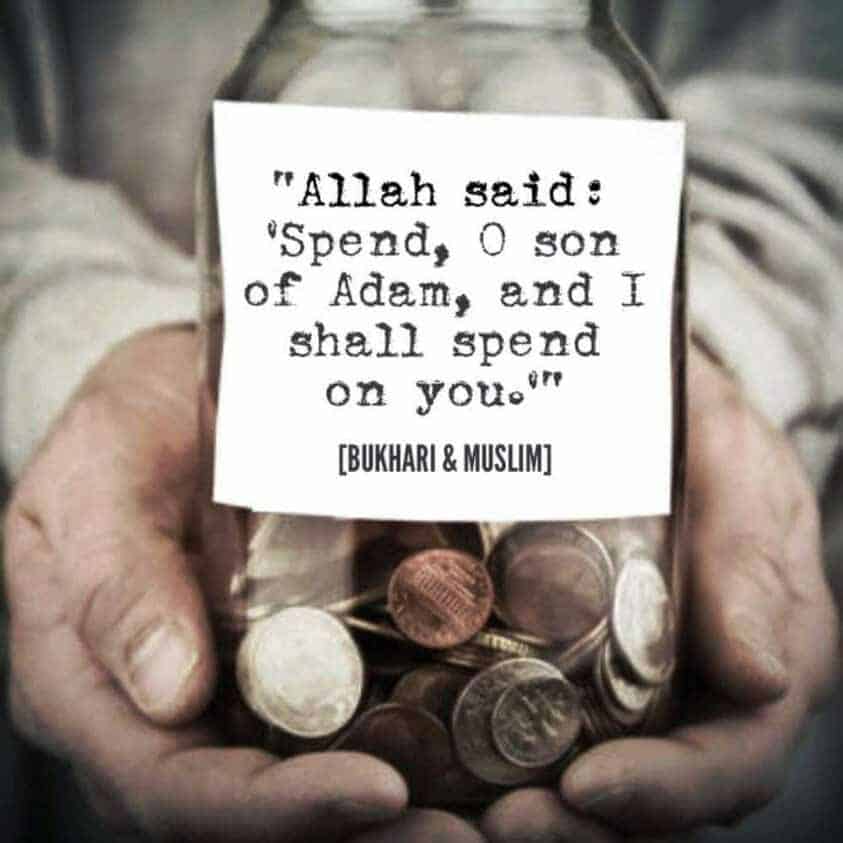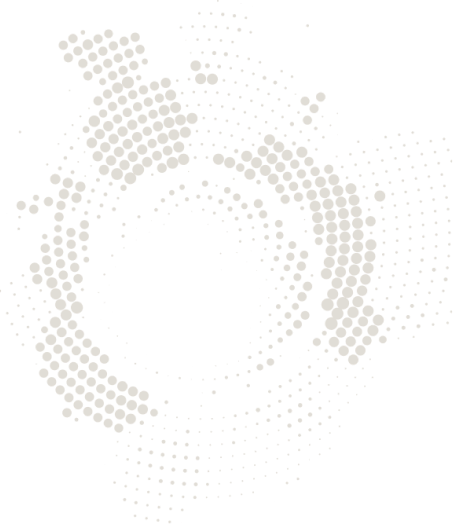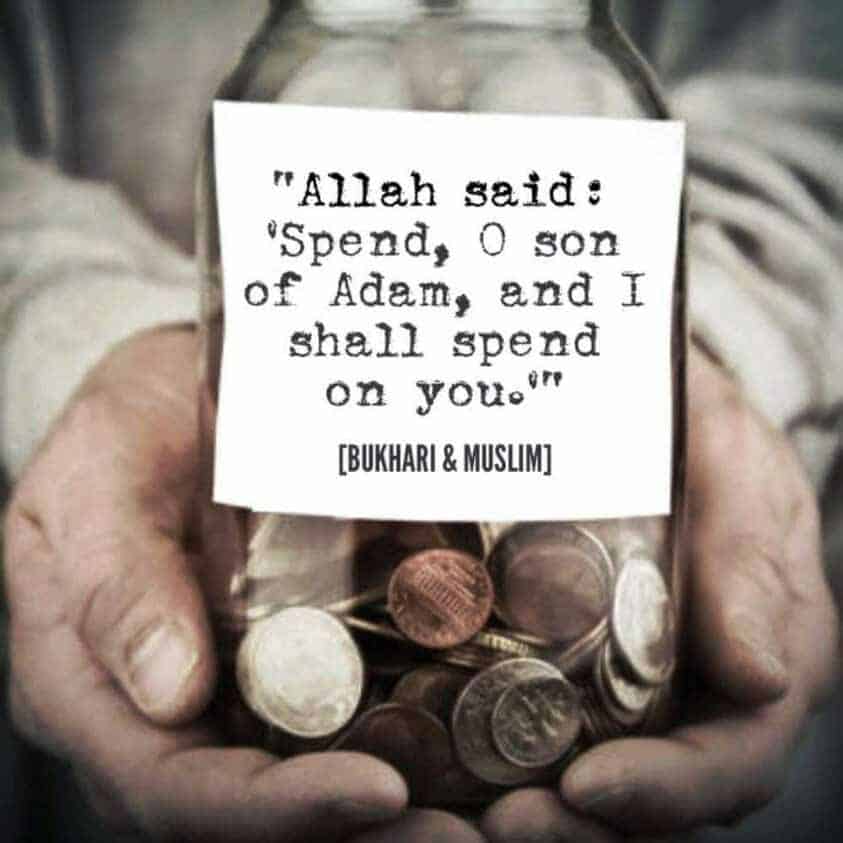ZAKAT-UL-FITR
“The wealth of a person does not decrease by paying Zakat.”
Zakat-ul-Fitr, also known as Sadaqat-ul-Fitr, is a form of almsgiving specific to the end of Ramadan, aimed at purifying those who fast from any indecent act or speech and to help the poor and needy. Its uses include providing essential support to those in need, ensuring they have enough food and resources to celebrate Eid al-Fitr
It helps in addressing immediate needs such as food, clothing, and other essentials, allowing the less fortunate to join in the festive spirit. By distributing Zakat-ul-Fitr before the Eid prayers, it ensures that even the poorest members of the community can partake in the joy and celebrations, promoting social harmony and solidarity within the community. This act of charity underscores the principles of empathy and community support, central to the ethos of Ramadan and Islam.


WHO IS ELIGIBLE FOR
ZAKAT ?


